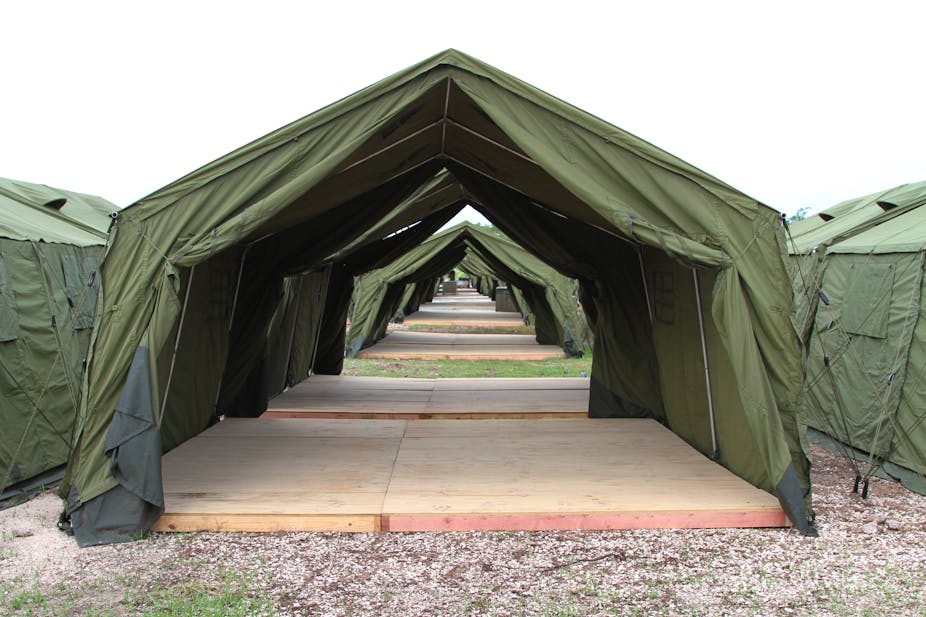The High Court’s decision in the M47 case is likely to be a pyrrhic victory for refugee rights.
Last week the High Court ruled that the regulation that allowed the Commonwealth to deny a visa to a refugee on the grounds of ASIO advice was invalid.
Criterion 4002 in the regulations to the Migration Act exceeded the limits set by the provisions of the Act. For this reason it was ruled to be invalid by a majority of the Court.
This means that ASIO’s non-reviewable assessments cannot be used under 4002 to deny refugee protection.
It does not mean that a person who represents a clear threat to Australia must be admitted into this country.
Both the Refugees Convention and the Migration Act provide for the exclusion of people who represent a threat to Australia or who have engaged in serious war crimes.
The High Court’s ruling will mean that a number of Tamil refugees will likely be granted protection visas. Among these refugees are people who had little choice but to deal with the Tamil Tigers while they were living in the North of Sri Lanka during the Civil War.
There is also plaintiff M47 himself, who by all accounts satisfied the criteria for a combatant in a non-international armed conflict (NIAC).
International humanitarian law recognises the legitimacy and reality of these types of conflicts. A combatant in a NIAC has to abide by certain legal rules. While at times the Tamil Tigers certainly violated aspects of the Geneva Conventions, there is no evidence that M47 did so.
This point was conceded by the Commonwealth.

Yet, this is a pyrrhic victory for refugee rights.
The M47 decision is the latest in a series of High Court defeats for the Commonwealth. Over the past ten years the Commonwealth, under the Howard government and then under the Gillard government, has suffered some spectacular reverses in the High Court.
The Commonwealth’s response has been predictable.
It invariably amends the act to tighten any perceived loophole or to set up a more punitive scheme.
What the M47 case was partly about was the manner in which the Commonwealth wanted to use non-Refugee Convention grounds to exclude genuine refugees from Australia.
The Convention sets out legitimate grounds to exclude refugees where they have committed serious crimes, threaten public order or represent a threat to national security.
As a sovereign nation Australia has a right to enact laws that go beyond the parameters set by the Convention.
Yet, this seems to be part of an increasingly tough and at times unreasonable approach to asylum seekers. More to the point, there is a worrying tendency to skirt international obligations and constitutional limits.

The response to the Malaysia Solution decision and the Expert Panel Report is case in point.
Indeed, the recent Nauru Solution and the much touted “no advantage” test are in reality measures designed to evade the limits of the Constitution.
What is worrying is that having lost the M47 case the Commonwealth will likely rebound with harsher character test laws.
Given the realities of civil war and the plight of refugees that would be deeply unfair.
Many asylum seekers in cases similar to M47 will have had little choice but to cooperate with insurgent groups in their home country.
The picture isn’t even black and white where combatants are concerned. For example, a child soldier who has been forcibly abducted and recruited has little choice but to be a combatant.
Even where adults are concerned, the choice to join the armed resistance might be a legitimate decision where the army has committed outrages against your family.
What these people have been through, and even what they’ve done, doesn’t make them a threat after the war is over.
The big question now is how the Commonwealth will respond to its defeat in the M47 case.
A further shift to the right may cause further injustice to vulnerable people.

